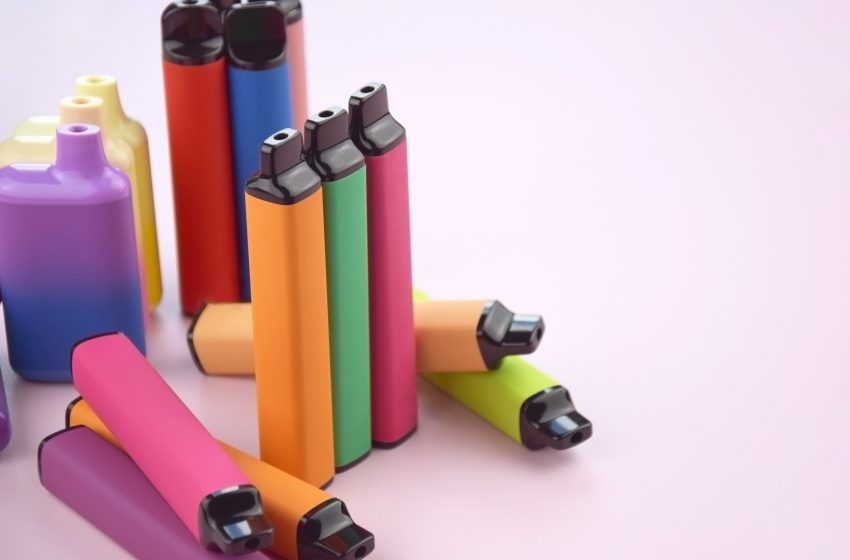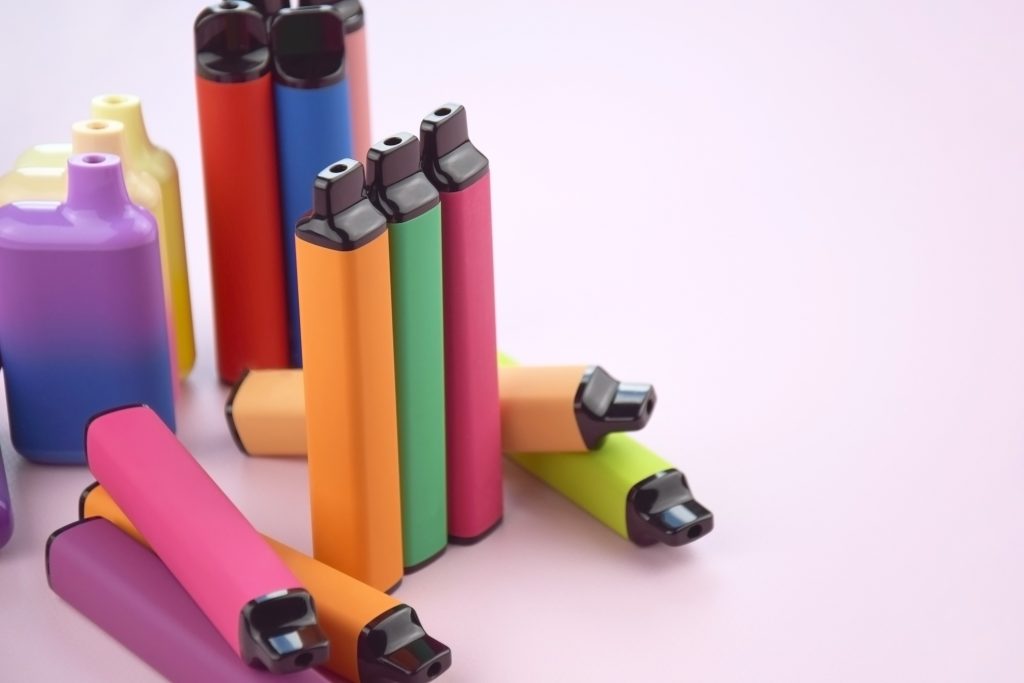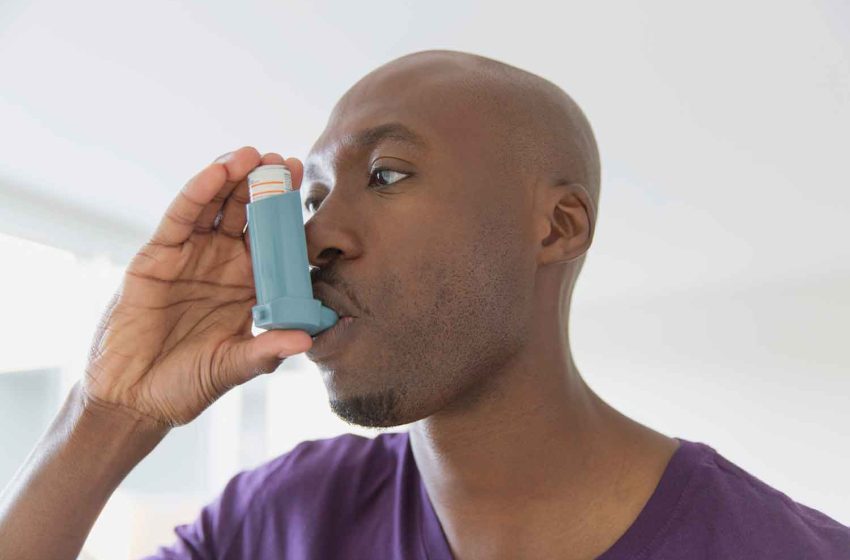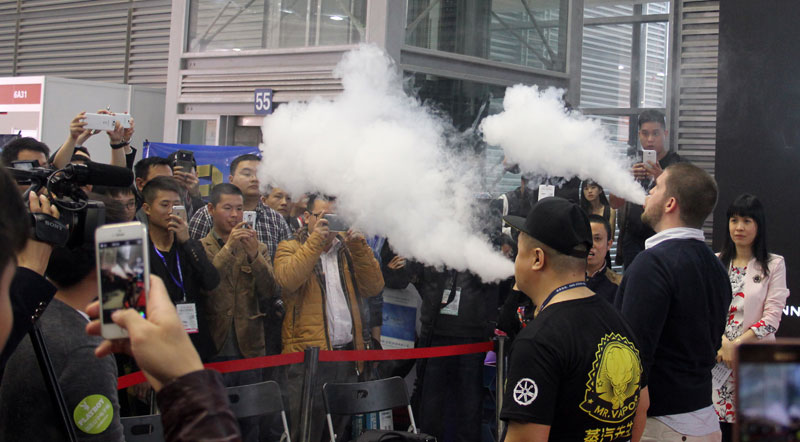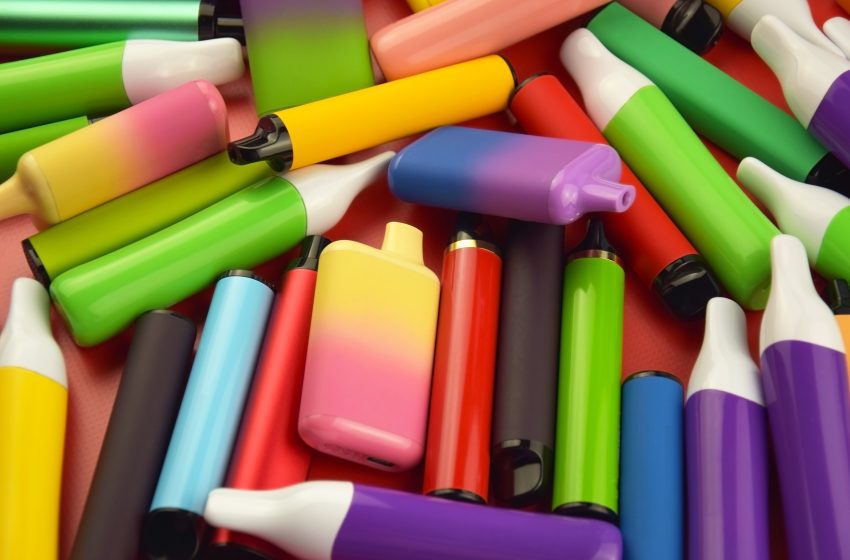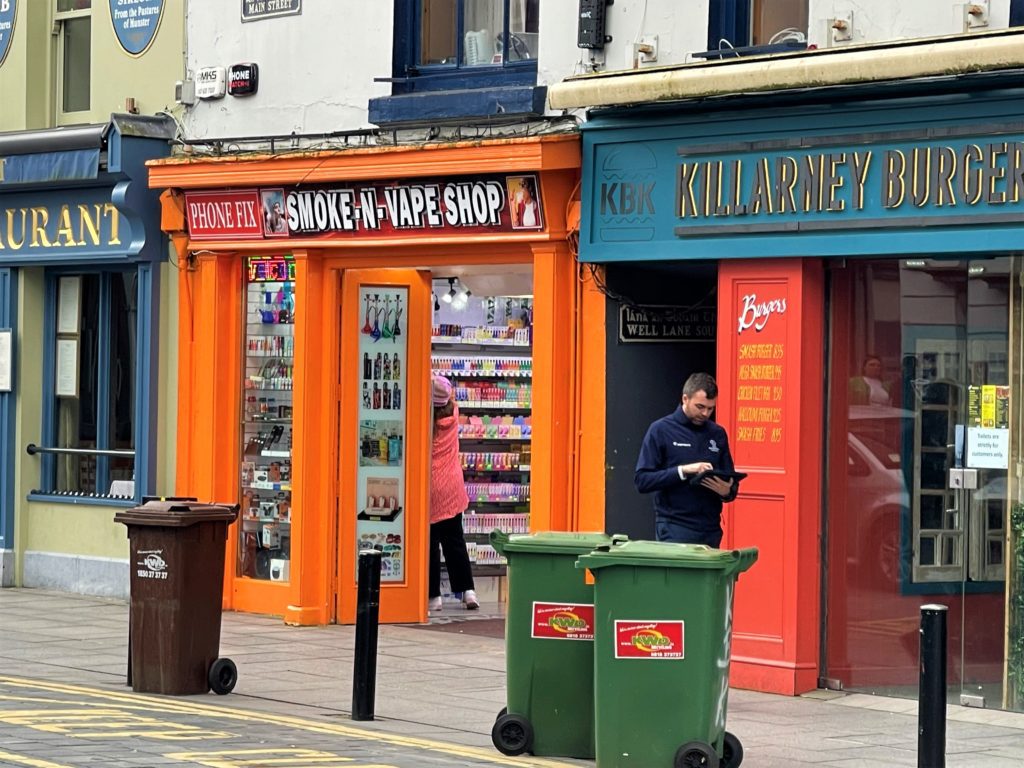
The Health and Safety Executive (HSE), a UK health authority, has warned the public against the use of a number of e-cigarette products due to illegal levels of nicotine found in Ireland.
Irish retailers have been ordered to remove the two products from sale and to issue a recall to customers, reports the Irish Times.
The two products are both disposable MK Bar 7000s from the brand McKesse, with separate flavors, Blue & Razz Ice and Green Apple, subject to the warning.
The products contain more than the permitted amount of nicotine of two percent or 20mg/ml.
The HSE’s environmental health service, the national tobacco control office, has submitted an alert to the European Safety Gate, the EU rapid alert system for dangerous non-food products.
This is the second alert submitted by the environmental health service to the EU in recent weeks.
“I therefore must remind manufacturers and importers of electronic cigarettes and refill containers (e-liquids), it is their responsibility to ensure that they fully comply with all legislative requirements,” said Maurice Mulcahy, regional chief environmental health officer in the HSE.
Anyone who has purchased these products has been advised to avoid their use return them to the shop from which they were bought.
Retailers have been instructed to issue a recall notice on their premises and online, both on retail websites and social media. Shops have also been asked to supply the HSE with supplier traceability details of the relevant products.




